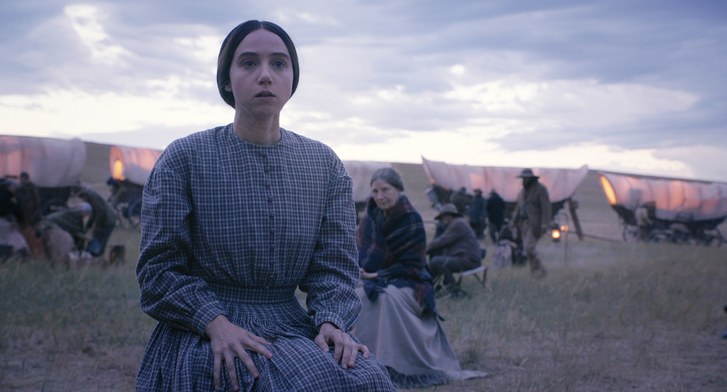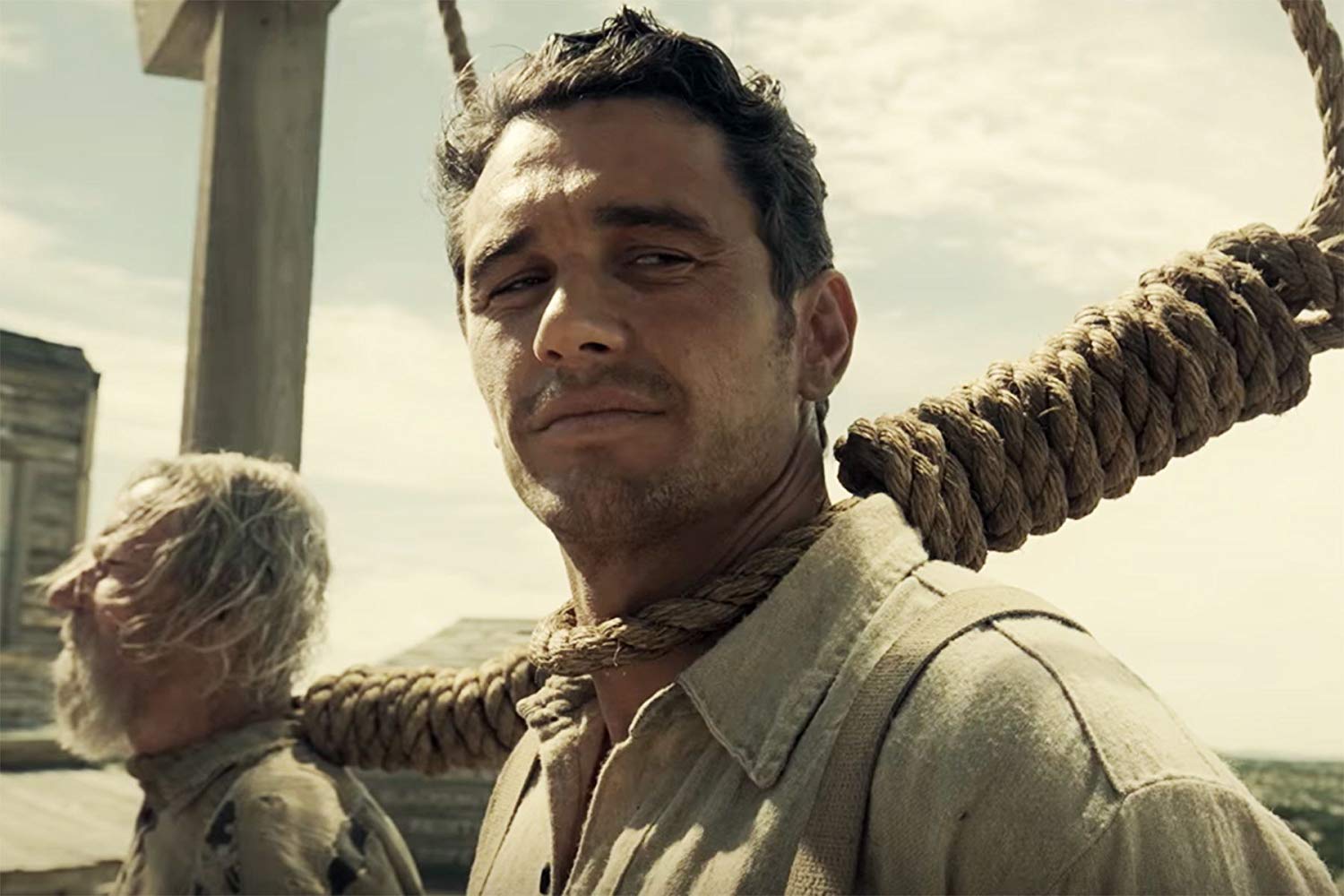Summary:
Six stories set in the Coen Brothers’ Wild West.
My Thoughts:
While this film was one of my most anticipated of the year, I looked forward to it with nervous anticipation. I am a giant fan of Coen brothers, but their last film, “Hail Caesar”, left a lot to be desired (in my opinion anyways, I have friends who gladly defend that film). Within the first ten minutes of this film I was grinning from ear to ear, and that smile seldom left my face (except, of course, during the sadder stories). This is a film that highlights almost everything I love about the Coen Bros as directors; it’s at times absurd, other times, sentimental; frequently hilarious but also touching and depressing. The film showcases some of the more ridiculous Hollywood notions about how the old west was, and then it also paints a more brutal picture of how horrible life could be. “The Ballad of Buster Scruggs" is a western that only the Coen Brothers could make, one that parodies and pays homage to every type of western on the spectrum of westerns, while itself being one of the more entertaining movies to come out this year.
“Things have a way of escalating out here in the west.”
I feel like with all anthology films there are certain stories that work really well, and other stories that don’t work quite as well as the others. For me, personally, most of the stories worked really well in this film, but there one or two didn’t quite strike home as hard as the others. All the shorts are certainly worth watching, and as a whole, the film feels complete- it feels like we’ve explored every type of western, from the epically huge to the small and quiet stories, from the preposterous to the sad and somber.
It’s hard to say which short was really my favorite, but if I were to be pressed I think I would choose “All Gold Canyon” with Tom Waits and “The Gal Who Got Rattled” with Zoe Kazan; both stories are a bit more seriously themed than some of the other earlier stories in the film, but both broach topics from unique perspectives. All Gold Canyon tells the story of a prospector searching for gold in a valley in the mountain; it’s the way the story is told that really makes it stand out. For the most part, the prospector is the only character in this section of the film, and it’s really him vs nature. The relationship between the prospector and nature really changes overtime though- at first, the two seem to be testing each other, and the prospector seems to be irritated with what he finds. But as the story goes on, the prospector seems to almost fall in love with his search and the land on which the search is happening. There are some great moments where we really feel exactly what the character is feeling- there are moments of travesty and then moments of great triumph, and while the story itself is quite simple, the emotional impact that comes along with this story is glorious.
“The Gal Who Got Rattled” was another story that hit me in unexpected ways. I absolutely adore Zoe Kazan for both her acting and her writing (“The Big Sick" and “Ruby Sparks”), so that might’ve had a little sway over how much I enjoyed this one, but really, this story was quite epic. I believe I’m right in saying that this story was one of the longer entries, and it tells the story of a brother and sister making their way west, where her brother insists there will be work for him and a husband for her. Along the way, we watch as her character grows into the West, and how the West grows into her. There are some beautiful quiet moments between those she accompanies on the wagon train, and some great moments of growth for her character. The ending is shocking and unexpected, and it really made the short even more powerful. I wouldn’t say any of the stories are bad, but if I were to choose one that didn’t work as well for me it would be “Near Algodones” with James Franco. Again, the story isn’t bad; it just didn’t work for me as well as some of the others.
As with all Coen Bros movies, the best part about this film was the writing. There are a variety of memorable characters, many of which carry their own idioms and peculiar phrases, and the dialogue is often riddled with small dry jests and glimpses into the character’s psyches. The film says a lot about the western genre- criticizing tropes while also playing into them- but it also transcends the western genre, and it becomes more about the human condition than just one topic. We examine the relationship between making art and needing money, how the relationships between man and woman have changed, the nature of greed, and the fact that we all must face death in the end.
Verdict:
The Coen Brothers have a unique way of telling stories; most of the time it works, but every now and then they misfire. I was nervous, this being a Netflix production, but I’m thrilled to say that I found this was one of the Coens and Netflix’s better entries into both their oeuvres (at least in recent memory). This being on Netflix also gives you no excuse not to watch it. Fingers crossed we see this film talked about for Oscars, at least in the Best Writing category.
Review Written By:







